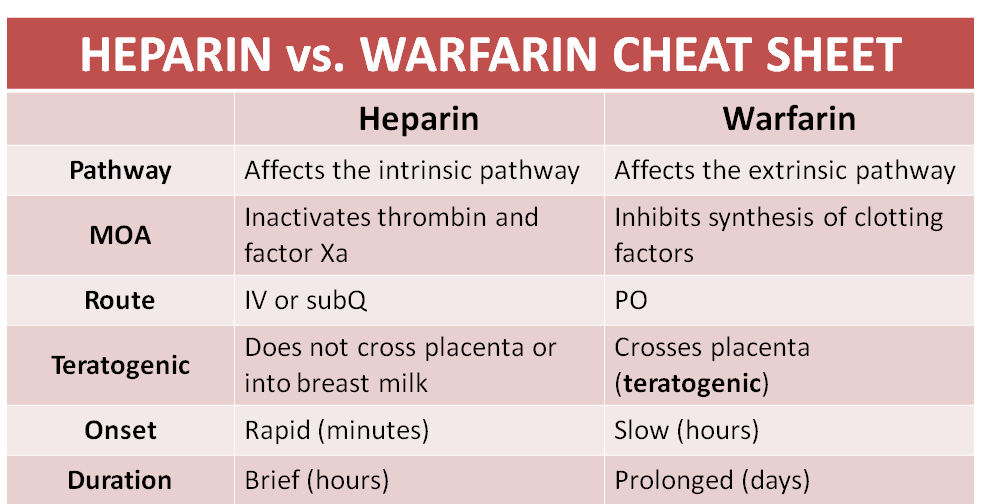

Unintentional overdose or toxicity can occur through various mechanisms such as during the initial dose titration phase, with changes in diet that affect the medication potency, due to interactions with other medications, or secondary to metastatic liver disease. Intentional overdose has been noted to be relatively rare a 25-year long survey involving 2 tertiary care centers with toxicology services reported a total of 22 intentional overdoses in adults. Toxicity can occur due to intentional overdose, unintentional overdose, and pediatric ingestion. They are one hundred times more potent than warfarin.

Superwarfarins are now also used as pesticides and should be recognized as having potential to cause warfarin toxicity. While it was initially marketed as a rodenticide, it has been used as a medication for more than a half-century.

Warfarin is a vitamin K antagonist used as an anticoagulant used for treatment and prevention of a variety of coagulopathic and thromboembolic disorders.


 0 kommentar(er)
0 kommentar(er)
